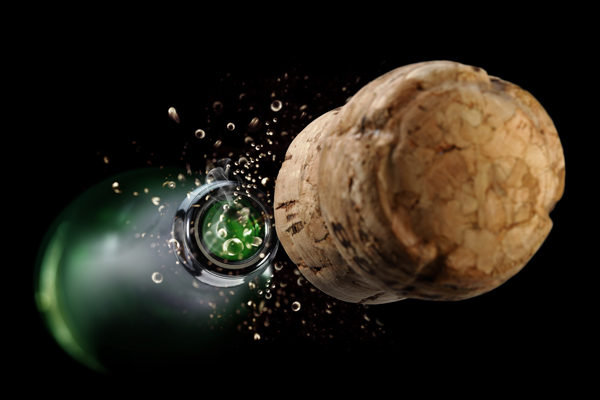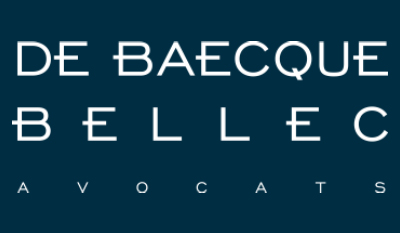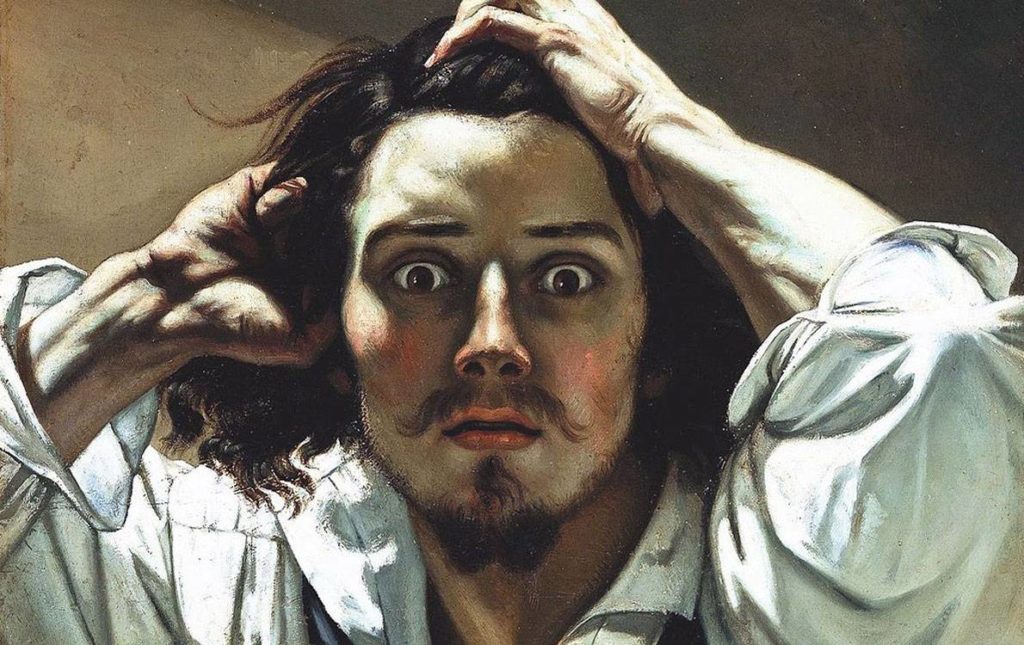Conditions of protection for a PDO: clarification from the CJEU
The CJEU (Court of Justice of the European Union) issued an important decision on the conditions for protection of a PDO (protected designation of origin) on September 9, 2021. The Spanish Supreme Court had referred 4 questions to the CJEU for a preliminary ruling on the Champagne PDO in 2016. This ruling recognizes the possibility of an infringement by evocation caused by signs used on non-comparable products.

©magdal3na – stock.adobe.com
The CJEU answers in three steps.
Conditions of protection of a PDO for services related to the distribution of the product
The scope of protection of a PDO allows it to be protected against similar products. What about services that could be linked to the direct or indirect distribution of the product? The CJEU recognizes this possibility based on Article 103, §2, b) of Regulation (EU) No 1308/2013. Indeed, the PDO is protected against any usurpation, imitation or evocation, even if the origin of the product or service is indicated.
Only products can benefit from a PDO. However, services related to a litigious name can be sanctioned on this basis. This vision respects the will of the European legislator according to the CJEU. These are services “in the vicinity”, i.e. services that can be associated with the consumption of wine, such as catering, advertising, wine tourism or educational tasting. The same is true for products whose destination may intersect with the consumption of products protected by a PDO or PGI (protected geographical indication), such as glasses, utensils and accessories for oenophiles.
Which products are concerned by the notion of evocation?
The notion of evocation covers the hypothesis that the sign used incorporates a part of a PDO or PGI.
Evocation is possible when there is a phonetic and visual similarity between the PDO and the contested sign, applied to products of similar appearance. Evocation can also result from a conceptual proximity between the protected name and the contested sign.
The CJEU refers to the “average European consumer” without excluding the average consumer of a single Member State. Both possibilities are therefore conceivable and it will be up to the applicants to adapt the standard used according to their request.
Since the Manchego ruling (CJEU, May 2, 2019), it is known that in evocation matters, the national scale for determining the average consumer of PDO/PGI products plays a doubly favorable role for name protection:
- Circumstances that may exclude the existence of an evocation for consumers in a single Member State should be ignored.
- The existence of an evocation can also be assessed only in relation to consumers in a single Member State.
By reiterating this thesis, the CJEU opens the prospect of generalizing the protective effect of the “Champanillo” jurisprudence on evocation to most PDOs/PGIs. Given that the average consumer can be identified within a single State, the protection of similar products and services is not a textbook case linked to the European reputation of champagne, but applies to any appellation or indication recognized by the average consumer, at least in the Member State of production.
Is the use of the notion of evocation conditional on an act of unfair competition?
The CJEU answers in the negative. The system of evocation of a PDO is based on objective elements, without it being necessary to demonstrate the existence of intent, fault or a competitive relationship between the products, and therefore a fortiori without it being necessary to demonstrate an act of unfair competition.
The European system therefore replaces the national system by excluding all prior qualifications. The uniformity of the protection of PDO and PGI is ensured. This ruling is part of a series of rulings that reduce the difference in the examination of infringements between trademark law and the law on appellations of origin. This strict regime had previously benefited PDOs and PGIs.

Stephane BELLEC
Trademark attorney
Stéphane Bellec, Attorney, Partner Cabinet De Baecque Bellec
Intellectual property attorney
Tél. + 33 (0) 1 53 29 90 00
Tags: PDO, PGI, Protected Designation of Origin, Protected Geographical Indication

